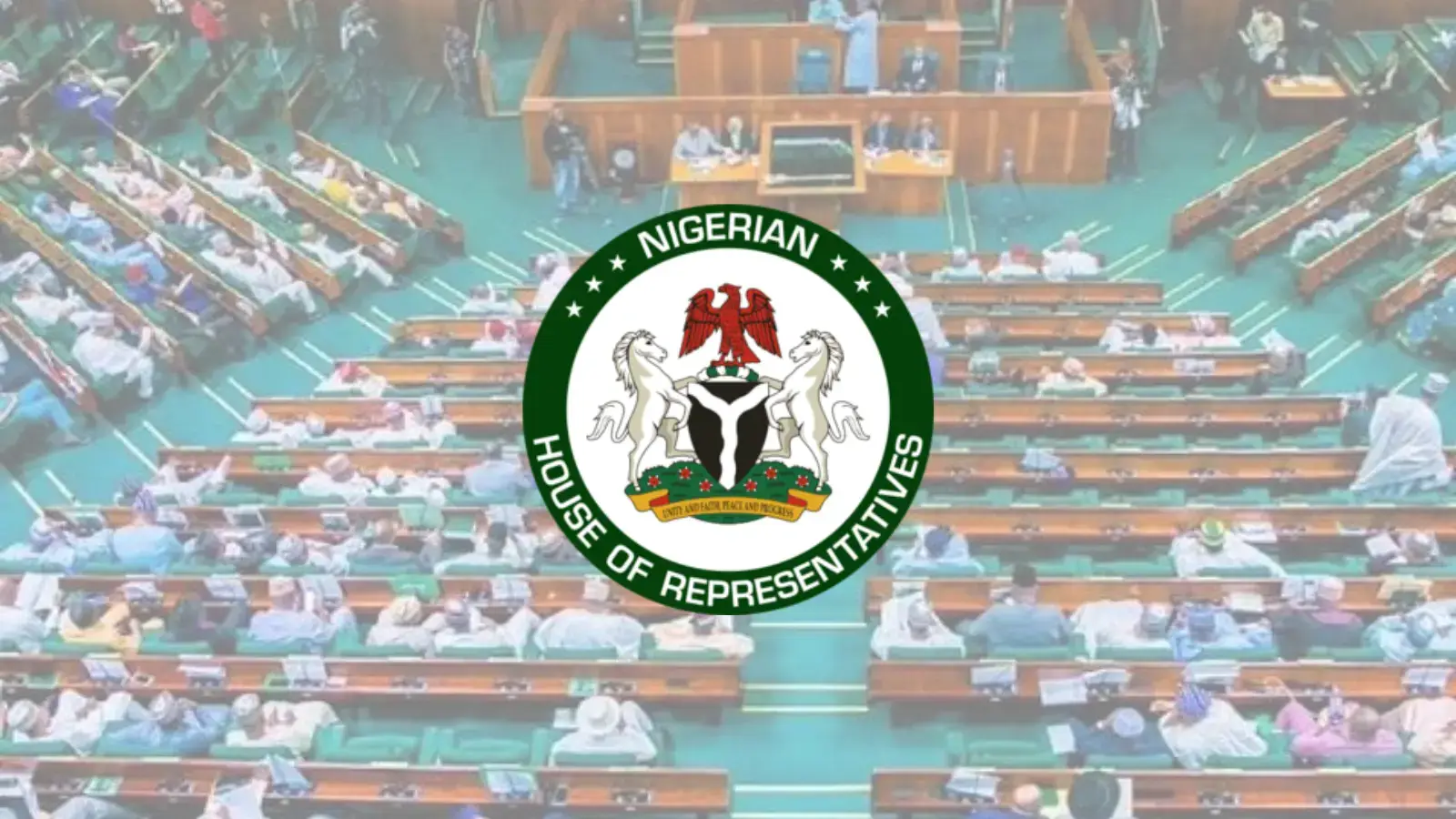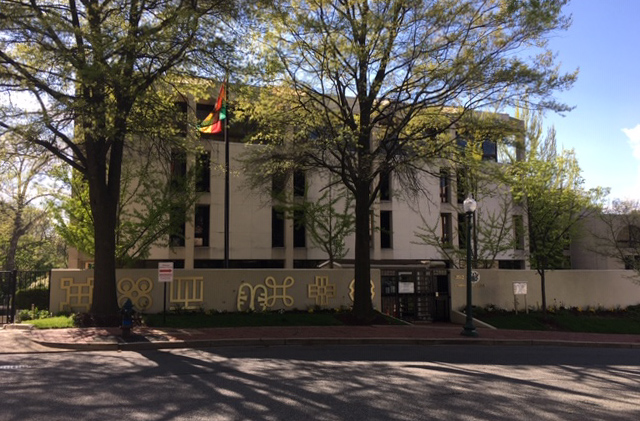
Reps Reject Bill to Expand Scope of Sharia Law, Say Nigeria Is Not an Islamic State

The Nigerian House of Representatives has rejected a bill seeking to broaden the application of Sharia law beyond personal matters. The bill, sponsored by Rep. Aliyu Bappa Misau from Bauchi, proposed amending sections of the Constitution to include Islamic international and commercial laws. Misau argued this would help banks like Jaiz and Taj operate more effectively.
During a plenary session on Thursday, Misau urged lawmakers to support the proposal, claiming the Constitution’s current language only addresses personal Islamic law and lacks provisions for commercial matters. However, several lawmakers voiced concerns about the potential impact on Nigeria’s secular nature and religious freedoms.
Bamidele Salam of Osun warned that the amendment could compromise Nigeria’s religious balance. Solomon Bob recommended careful review to avoid conflicts between Islamic and Common Law. Other lawmakers, including Awaji-Inombek Abiante, stressed that existing laws cover the bill’s objectives.
Jonathan Gaza of Nasarawa constituency particularly cautioned that amending the Constitution to expand Sharia law could set a precedent, leading other religious groups to seek similar changes. Gaza stated that freedom of worship is protected and does not require further constitutional amendments. Despite support from some northern representatives, the majority opposed the bill, and it was ultimately rejected.
In Nigeria, Sharia law is primarily applied in personal matters such as marriage, inheritance, and family disputes within Muslim communities. Its jurisdiction is mostly limited to northern states with significant Muslim populations. Nigeria is a secular state; thus, the expansion of Sharia laws into criminal or commercial is illegal.
Read More:
Starlink Reverses Price Hike in Nigeria After NCC Directive
About The Author
Related Articles
Cotê D’Ivoire: Thousands Rally in Abidjan as Opposition Demands Electoral Reforms Ahead of October Election
Thousands of opposition supporters gathered in Abidjan on Saturday, May 31, to...
ByJoy ChukwuJune 1, 2025Togo Stops Issuing Mining Permits to Reform Outdated Mining Code
Togo has suspended the issuance of new mining permits for prospecting and...
ByJoy ChukwuJune 1, 2025ICYMI: Ghana Shuts Down Washington Embassy Over Visa Fraud Scandal
Ghana has temporarily closed its embassy in Washington, D.C., following the uncovering...
ByJoy ChukwuMay 31, 2025Confederation of Sahel States Moves to Establish Joint Judicial Body
The Confederation of Sahel States (CSS), comprising Mali, Niger, and Burkina Faso,...
ByJoy ChukwuMay 31, 2025












Leave a comment